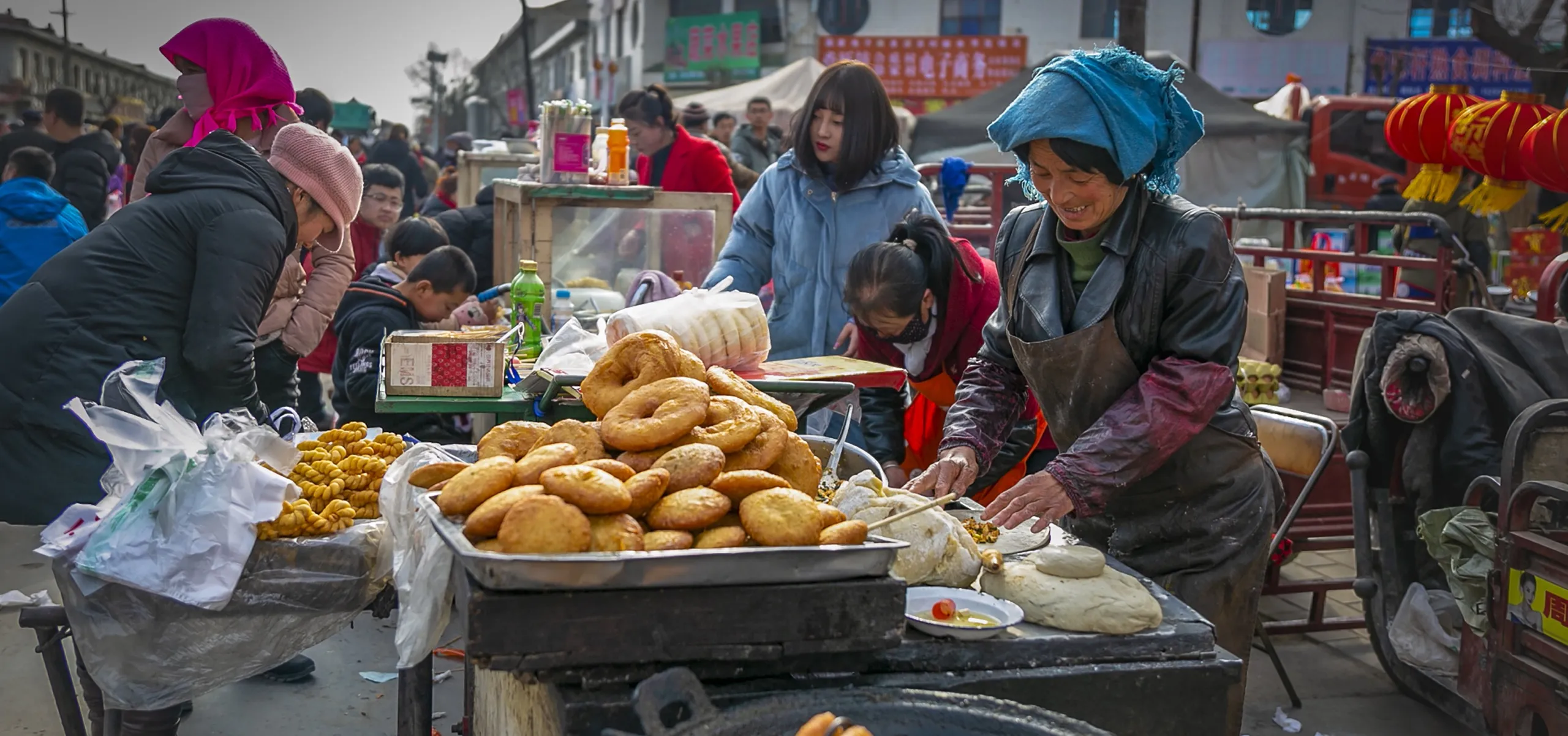A young man recalls his family business in a small town in northwestern China, and the mother who was the backbone of the venture
I hail from Gansu, a province of millions of people known as the “Northwestern bottom of the GDP barrel.” Gansu is a lonely industrial hub lined with dry mines, burdened by a harsh climate perennially thwarting agricultural productivity, and China’s worst industrial pollution index. The province’s last glimpse of prosperity in history traces back to the Hexi Corridor on the Silk Roads, amid the chime of the camels’ bells and the reveille for the troops stationed at the frontier.
My hometown, Jicheng, is a microcosm of the province. Thirteen years ago, my mother set up a street stall there and joined the local ranks of hawkers, peddlers, and street vendors—whose hustle and bustle colors the pages of our national literature, yet whose identity goes far beyond that role. Spend a couple minutes daily observing these folks, and soon enough you’ll realize that their very existence sheds light upon the lives of ordinary people all over China.
Gansu’s street stall economy and culture aligns with the history of the province; it’s a somewhat sad story of tenacity. Gansu food lacks the spice of Sichuan and Chongqing, just as much as its scenery falls short of the unique gentleness and beauty of places such as Jiangsu, Zhejiang, and Guangdong. In over 10 years of helping my mother run her street stall, I’ve been privy to the most dynamic side of the county’s economy, and I’ve also witnessed the gloom that ensues after nightfall.














